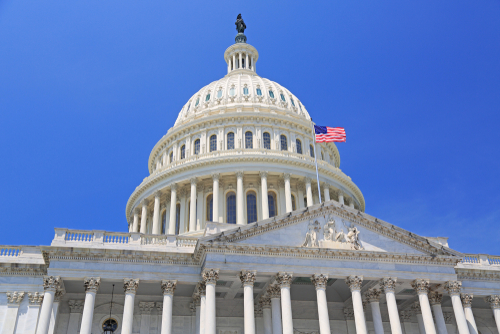The U.S. House of Representatives on Dec. 1 passed a resolution to stop the Consumer Financial Protection Bureau (CFPB) from enforcing its data collection rule. The resolution now moves to the president’s desk for consideration.

The rule requires financial institutions to collect and report certain personal information on small business loan applicants to the CFPB. This information includes an applicant’s race, ethnicity, and sex and whether the business is minority-owned, women-owned or LGBT-owned. The goal is to allow communities, governmental entities, and creditors to identify business and community development needs and opportunities for women-owned, minority-owned, and small businesses.
Based on the number of credit transactions for small businesses, covered financial institutions must comply with the final rule beginning Oct. 1, 2024; April 1, 2025; or Jan. 1, 2026.
A small business is defined as a company with $5 million or less in revenue from the previous fiscal year.
The resolution to reverse it, put forth by U.S. Sen. John Kennedy (R-LA), was approved in the Senate in October. Last week, the resolution was put forth in the House by U.S. Rep. Roger Williams (R-TX) and approved.
“By collecting and publishing personal demographic and other information, the CFPB is putting small business owners at risk of having their private financial affairs exposed to a watching world,” Kennedy said. “This rule could hamstring lending to Main Street. The House is protecting Americans’ privacy and job creators by passing Congressman Williams’s crucial resolution, and I hope President Biden signs this legislation quickly.”
“Small businesses are the backbone of the American economy, and it is crucial that they can access affordable credit to support and grow our communities,” Williams said. “During a time where small businesses are facing crushing inflation and increasing borrowing costs, it is important that we put an end to the CFPB’s broad, burdensome, and difficult to implement rulemaking. It is now Biden’s turn to listen to the American people and sign this bill into law instead of bowing down to out of touch unelected bureaucrats,” he added.
Among the concerns about the CFPB’s collecting and storing such personal information is that the agency recently experienced a data breach including the personally identifiable information of 256,000 consumers. The rule may also reduce the availability and accessibility of small business credit by increasing compliance costs of lenders, lawmakers said.